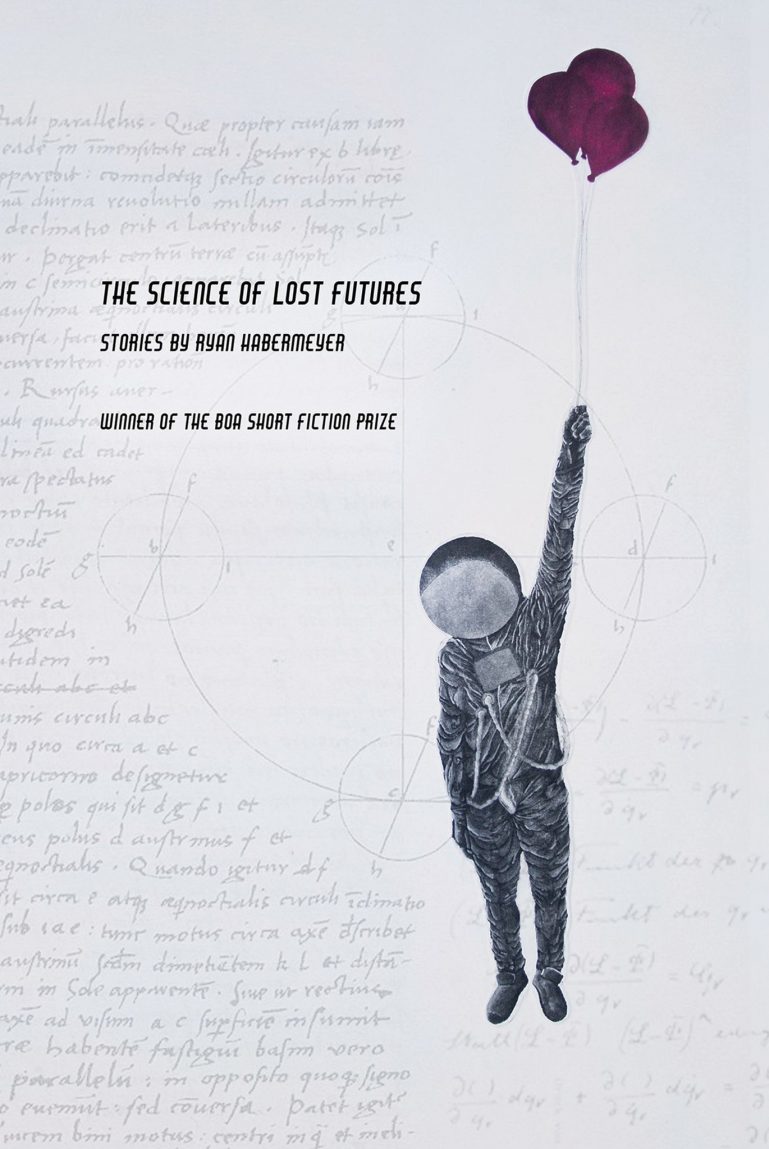Losses are typically more educational experiences than wins. If you win a fight, it may be because you fought well or because your opponent didn’t, though usually it’s some combination of the two. If you win because you fought well, there isn’t a whole lot to learn from that; it’s just a single display of skills and strategy against a single opponent on a single night. With some obvious exceptions, it’s hard to extrapolate much from that other than “keep doing what you’re doing.” Yet if you lose, even if your opponent excelled, there’s always something to learn, some nugget of insight to apply and improve upon for the next time.
Chan Sung Jung’s win against Renato Carneiro at UFC Fight Night 154 on Saturday in South Carolina was especially unenlightening. He didn’t just win; he won in under a minute, absorbing exactly zero strikes in the process. On top of that, it was only his third fight in the last six years, as he was sidelined with injuries and compulsory military service. In an increasingly competitive 145-pound division, it’s hard to figure out where “The Korean Zombie” fits. Blitzing “Moicano” in 58 seconds, impressive as it was, doesn’t make it any easier to know where he stacks up in the Jenga tower of the featherweight hierarchy. Losses, however, hold more secrets, and Jung’s four big-league Ls say a lot…





